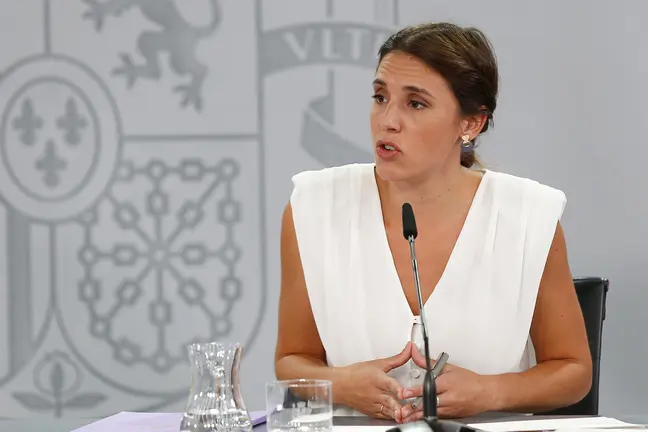EU member states are to use a common framework to assess minimum wage standards across the European Union, under a provisional deal hammered out between the European Parliament and EU member states late on Monday.
Such an agreement marks progress in the EU, where some countries are resistant to any bloc oversight of wage agreements, particularly Nordic members, which have a long history of collective bargaining agreements.
The new agreement "pushes for higher wages for Europe's lowest-paid workers," Agnes Jongerius, a Dutch EU lawmaker from the centre-left Socialists and Democrats parliament group, said in a statement.
The deal begins a procedure where EU member states are to appraise if their minimum wages are adequate to ensure a "decent standard of living," according to the European Parliament.
The European Council, the EU body representing the 27 EU member states, said the agreement includes a provision for EU countries to update the minimum wage every two years.
EU countries operating an automatic indexation system for salaries and wages, such as Belgium, received an exemption to update the minimum wage every four years.
Collective bargaining
Twenty-one out of 27 EU member states have a statuary minimum wage. In Austria, Cyprus, Denmark, Finland, Italy and Sweden, wages are set through collective bargaining.
EU member states with less than 80% of workers receiving wages set by collective bargaining must set up a public action plan to boost coverage under the agreement.
EU treaties do not permit EU institutions to set concrete minimum wage levels.
The 27 EU member states and the European Parliament must still adopt the provisional agreement. EU countries then have two years to put the agreement into national law.











